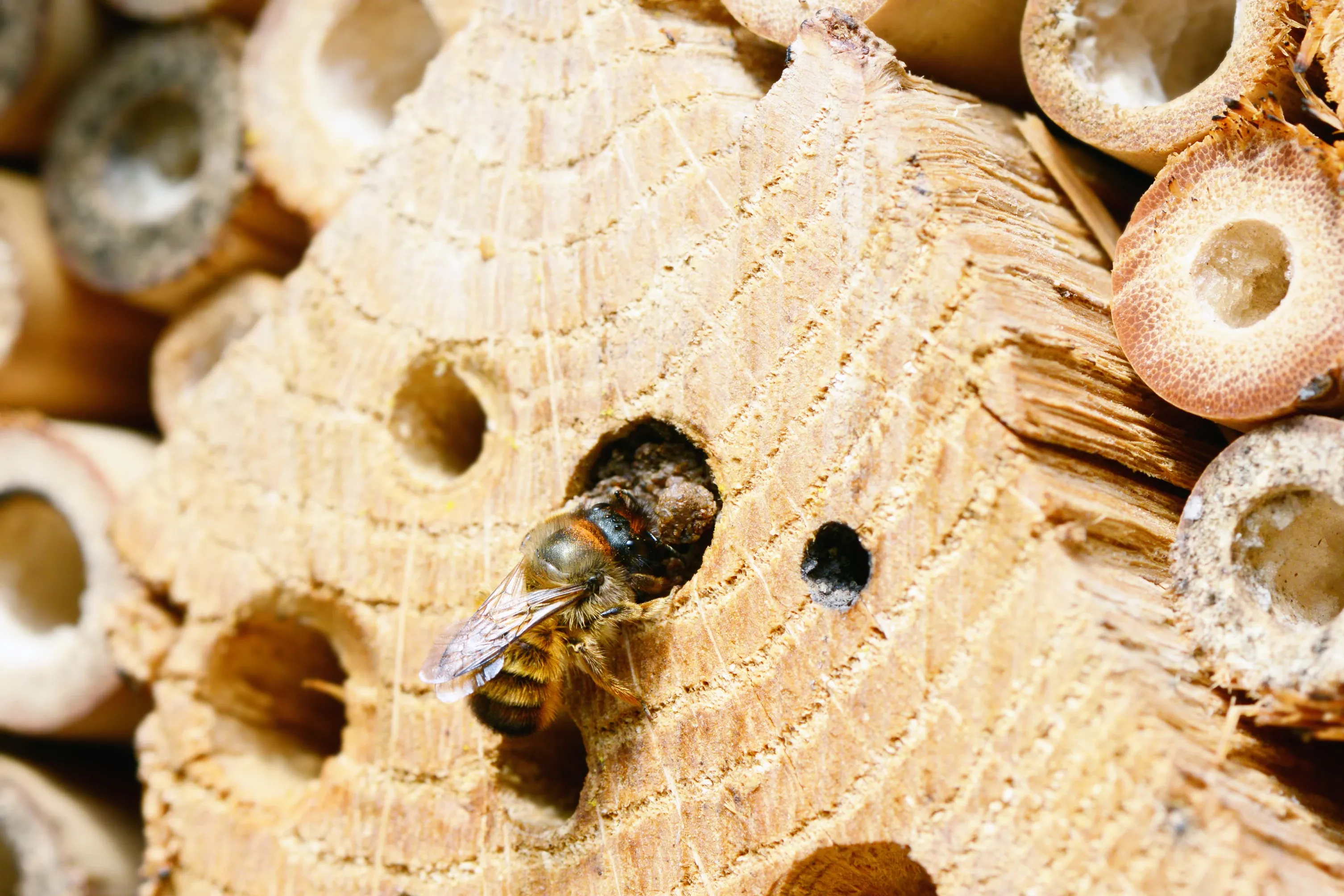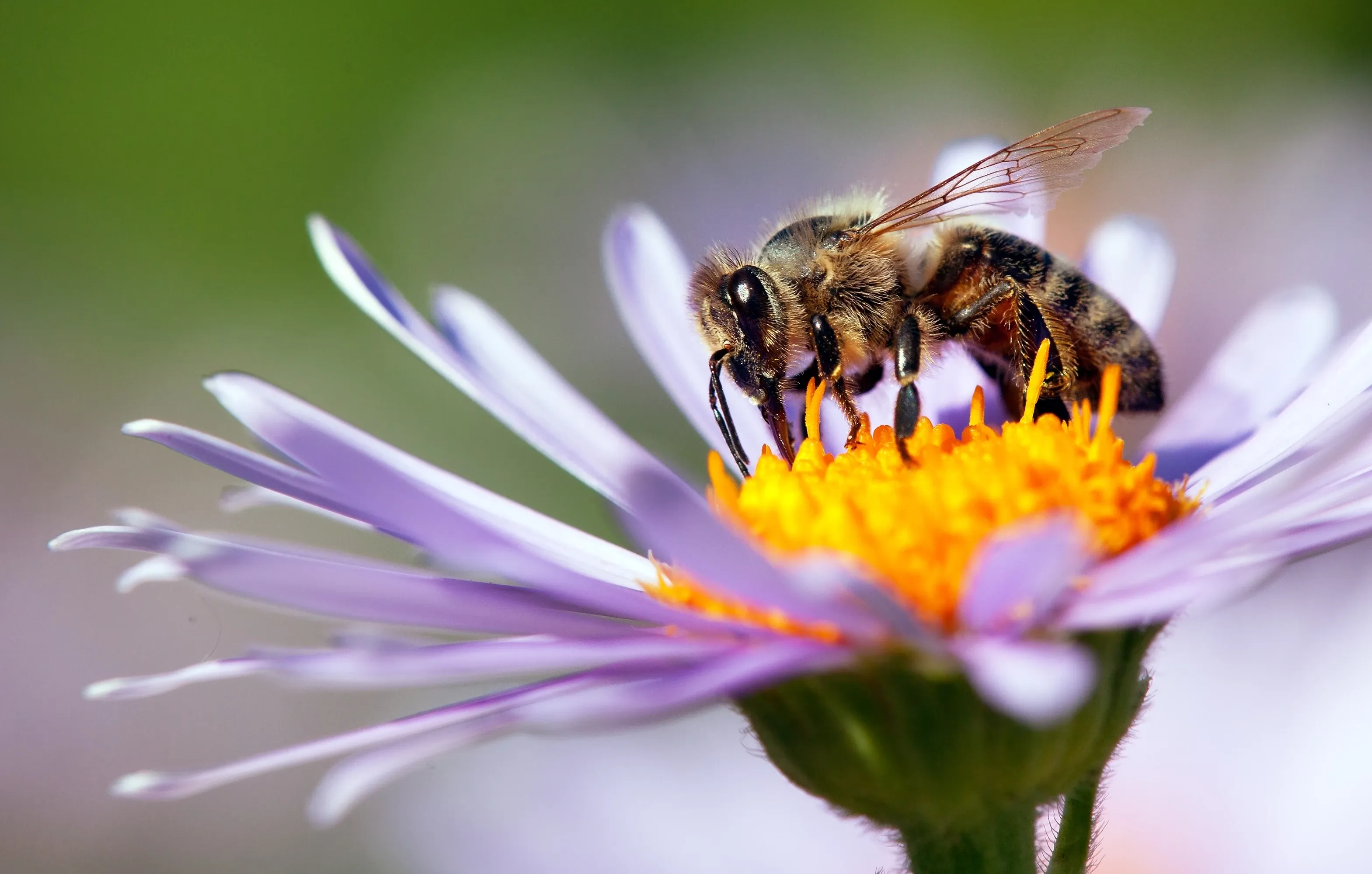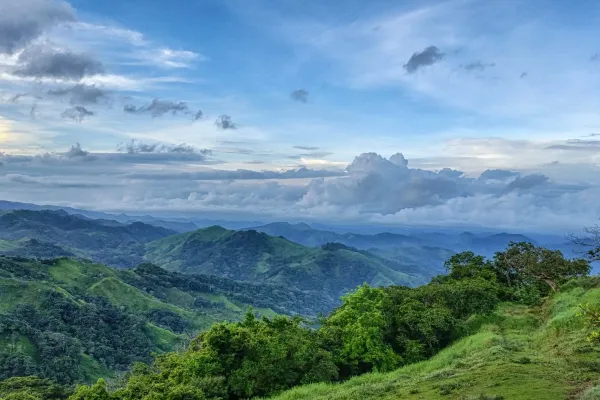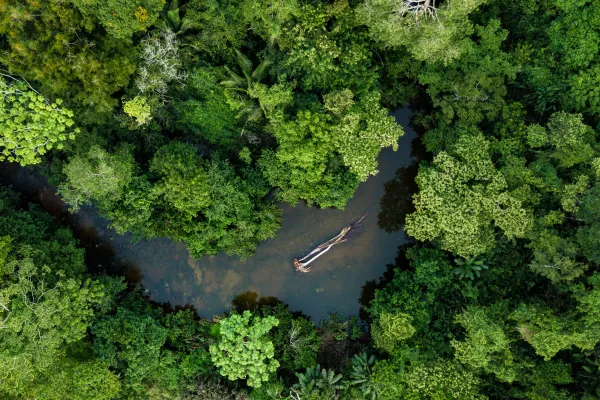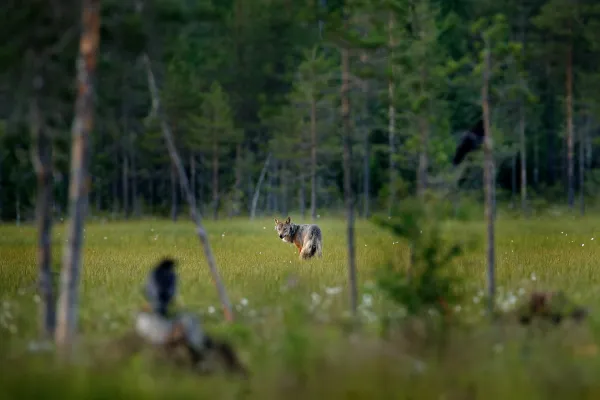Bees - What does the future hold?
Bees are among the most important animals on earth, primarily due to their incredible pollinating abilities. However, there has been a sharp drop in bee numbers worldwide in recent years, leaving scientists concerned about the insect’s long-term survival. Their decline not only poses a threat to biodiversity and ecosystems but also jeopardizes global food security.
In light of these challenges, understanding the factors contributing to bee population decline and implementing conservation measures are critical steps towards ensuring their survival and preserving the invaluable services they provide to ecosystems and agriculture. How threatened is the global bee population and how would their absence impact the world? More importantly, what can we do to conserve them? What does the future hold?

The importance of bees
Bees have been around for roughly fifty million years. Historically, they have survived in an astonishing array of habitats. For instance, they are found in fruit orchards, summer gardens, marshlands, heathlands, and dune fields. The WWF reports that nearly 75% of the world's cultivated crops and 90% of wild plants require animal pollination. Bees, particularly honeybees (Apis mellifera), are responsible for an enormous amount of this pollination.
As honeybees forage for pollen on flowers, they spread it between male and female species, thus facilitating the process. The WWF estimates that approximately one in three mouthfuls of our food depend on pollinators. More specifically, the FDA stated in 2018 that this well-known bee species pollinates roughly one-third of US crops. These include popular foods such as squash, pumpkin, almonds, cranberries, broccoli, and melon.
However, these critical insects are quickly disappearing from global ecosystems in what scientists have recognised as an environmental crisis. Their steadily decreasing numbers are a massive problem that worsens with each passing day.
»The absence of bees and other pollinators would wipe out coffee, apples, almonds, tomatoes and cocoa to name just a few of the crops that rely on pollination. Countries need to shift to more pollinator-friendly and sustainable food policies and systems.«
Bees under threat
Tragically, this vital species is under increasing threats from various sources. Almost all of these threats stem directly or indirectly from human beings. They include human encroachment on natural habitats, pollution, and climate change. Additionally, invasive or alien species can cause disease or parasites, or competition over territory or food sources.
However, the most devastating effects on global bee colonies have been linked to commercial agricultural practices. For example, mono-cropping, pesticides, chemical fertilisers, and other intensive farming methods have wreaked havoc on global bee populations.
Sobering bee statistics
- In North America, 28 species of bumblebees, dubbed the "teddy bear of bees", are classified as "Threatened" by the IUCN.
- Additionally, 27% of mason bee species and 50% of leafcutter bees are "at risk" according to the IUCN.
- Of the enormous number of Hymenoptera species (bees, wasps, ants, and sawflies) worldwide, roughly 50% are "data deficient."
- Data deficiency means that not enough research has been done for the IUCN to establish their level of risk. Therefore, many of these crucial pollinators may be disappearing from the planet without any official record of their demise.
What can you do to help bees?
1. Create bee-friendly environments
If you are not allergic to bee stings, creating bee-friendly spaces is the best way to directly help these vital pollinators. You can do this by planting an array of flowers in your garden, on your patio, or along your window ledges. Additionally, avoiding the use of pesticides and herbicides in your garden will further support bee health and create a safer environment for these essential pollinators.
2. Celebrate world bee day
This initiative was ratified by the UN General Assembly in 2017. The first official World Bee Day was on 20 May 2018. It aims to raise awareness about the critical role of bees as pollinators and, thus, contributors to food security.
Additionally, it provides an opportunity to alert people to the many challenges bees face in today's world.
3. Spread the word
Tell your friends, family, and community members about the importance of bees. Explain how entire ecosystems suffer when bee populations diminish. More importantly, you can explain what they can do to preserve the species. Moreover, encourage them to join the effort to protect and preserve these vital insects.
If bees become extinct, fruit will no longer taste as sweet nor flowers as fragrant. Moreover, many of the foods we love will disappear. As a result, the world will be a less colourful and more sterile place.
Fascinating bee facts
- The buzzing sound given off by bees comes from their wings, which beat 11,400 times per minute on average.
- Honeybees are the only animals on the planet that make honey.
- Another unique feature of honeybees is that they communicate through complex "dance" moves researchers have dubbed the "waggle dance".
- Scientists have trained the buff-tailed bumblebee to score goals in "insect soccer" in exchange for rewards of sugar water.
- A study by Bristol University revealed that bumblebees use "stinky footprints" to leave their individual scent on flowers. They can distinguish between the scents of their relatives and strangers. Thus, they can avoid visiting flowers members of their hive have already harvested.
- When a queen honeybee dies, the worker bees choose a young larva and feed it a milky secretion known as "royal jelly". This rich formula transforms the larva into a fecund queen bee.
Buzzing crisis: The imperative need to protect global bee populations
The decline of bee populations poses a severe threat not only to biodiversity and ecosystem stability but also to global food security. Understanding the factors contributing to this decline and implementing effective conservation measures are crucial steps in ensuring the survival of these important pollinators.
By recognizing the significance of bees and taking action to protect them, we can safeguard the invaluable services they provide to ecosystems and agriculture, ultimately benefiting both nature and humanity.
Source references:
Food and Agriculture Organization
WWF
Sign up for the newsletter
By clicking on “Subscribe now” I will subscribe to the Conscious Explorer newsletter with all the information about mindful travel. Information on the success measurement included in the consent, the use of the shipping service provider MailChimp, logging of the registration and your rights of revocation can be found in our privacy policy.

